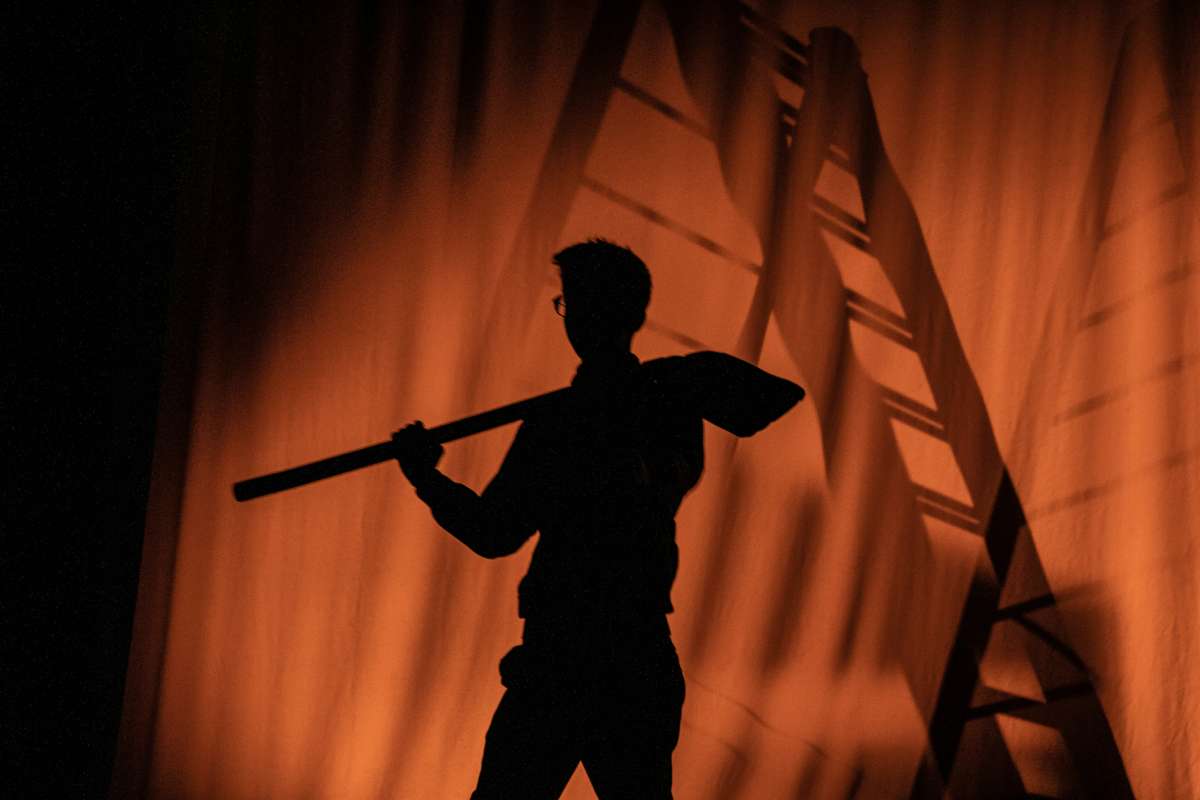Energy of the Shovel

Thanks to the hype from assorted life-coaches and “energy healers,” the phrase human energy has picked up a kind of New-Age, woo-woo flavor—as if it’s some invisible force floating “out there.” In reality, it’s much more down-to-earth.
A quick thought experiment. Picture yourself in a Soviet-style work camp (I’ve been in places like that). After morning calisthenics and a pep rally, you get breakfast. Nutritionists have already pegged that meal’s value in calories, vitamins, fats, proteins, carbs, and micronutrients. First hard number: let’s say you eat 1,000 kcal.
Next, you spend the whole day out in a field digging a trench, with breaks for lunch and a smoke. By evening, after dinner, you’re dead on your feet—all you can do is crawl into a bunk and pass out. Your energy is gone.
That, right there, is “human energy.” You can literally measure it in calories per hour; if you like, convert it to watts.
Our not-so-distant predecessors were curious folk. They calculated that a grown adult, flat on a couch doing absolutely nothing, burns about 60 watts just to stay alive—cells renewing, organs ticking over, and so on. (For scale: 60 W is roughly what an old-school light bulb or an average laptop draws.)
The moment you get up and start shoveling, your energy burn shoots way up. It peaks when you go into heavy mental overdrive; the brain is the hungriest organ we’ve got.
Energy balance is the cornerstone of every living system. We instinctively save energy, and we label that urge “laziness,” “procrastination,” “parasitism,” or “exploitation.”
Whole human institutions exist so their members can outsource energy use. Any large organization is basically an energy buffet for insiders. But no system feeds you for free. Signing on with a big machine is like gambling or taking a drug: most of the time it only asks for low-grade energy (digging, guarding, pushing paper), and in return you’re not required to run the expensive organ upstairs.
The alternative? Treat your energy as personal capital. Start tracking where it goes and spend it on purpose.
That audit is hard—for someone raised inside systems, it’s like an alcoholic quitting cold turkey. Yet some people pull it off.
Begin with the obvious leaks: chronic muscle tension. Take facial muscles, for example; we overuse them so much that by forty many of us look sixty. (Fashion models actually learn to keep the face totally relaxed.)
The highest level of energy control is what old-school Chinese teachers called “putting the monkey in a cage.” Your monkey mind stops running the show and only fires up when you let it. You open the cage door, let the monkey play, then close it again.
Choose that route and you really can stockpile personal energy in far larger amounts—then spend it however you like.
